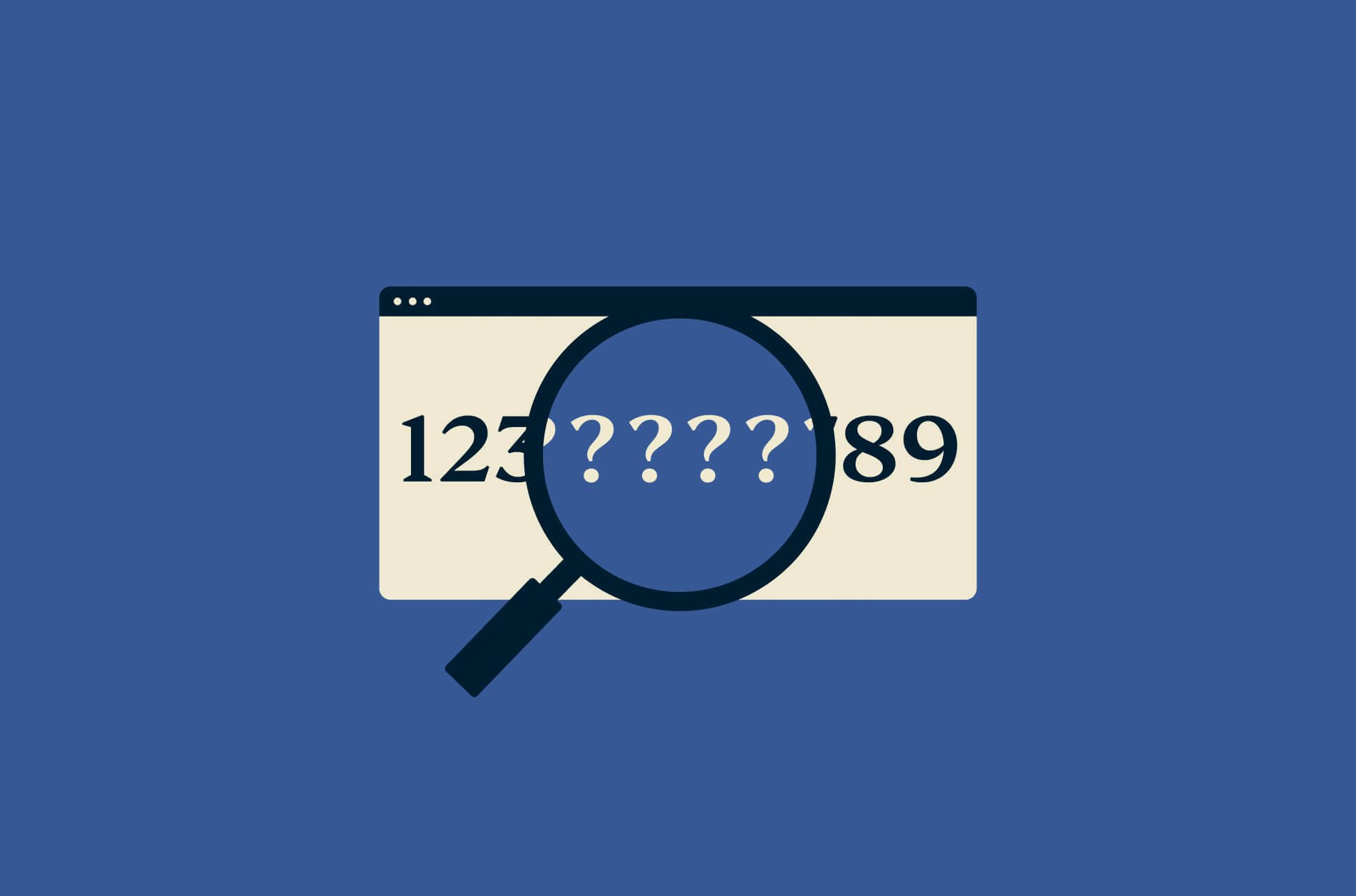
When you go online, you need an Internet Service Provider (ISP). Whether they’re home Wi-Fi or cellular providers, ISPs can potentially see a lot of what you do online. They can see every site you visit, how long you’re visiting for, the model of your device, and much more. To keep your online activity private and hide it from ISPs, the easiest solution is to use a Virtual Private Network (VPN).
Can ISPs see VPN connections?
Yes, ISPs can see that you are connecting with a VPN. However, while you’re on a VPN, they can see far less of your traffic. This is because VPNs encrypt your traffic, making it appear to ISPs as gibberish.
What does your ISP see when you’re using a VPN?
In short, not much. The only thing ISPs can see is the information about your VPN server. Here’s a full list of how information appears to ISPs with and without VPN:
| Without VPN | With VPN | |
| Downloads | Download site, file size | Hidden |
| Browsing history | All URLs | Hidden |
| Time you spend on a web page | Timestamp with each URL | Hidden |
| Your location | Traced via IP address | Only VPN server IP |
| Times you connect | Full information | Only to VPN server |
| Data and bandwidth consumption | Full information | Only to VPN server |
| Torrenting | Your IP address | Hidden |
| Streaming | Service and duration | Hidden |
| Connecting port | Full port info | Only to VPN server |
From this list, you can see how a VPN hides and scrambles anything that could be used to track your online habits.
Read more: What does a VPN hide?
Why does the ISP still see some information?
The internet works by sending traffic from one server to another. To get online, you need to have some server as a starting point. It’s unavoidable for your ISP to see that hop to the VPN server. However, each VPN server is used by a large number of users, so server information is common knowledge and provides no insight to the ISPs.
Choosing the best VPN to hide your activity from your ISP
When your traffic is encrypted, only the sender and the receiver will have the keys to unlock its contents. To anyone else, it will appear as gibberish. Almost all modern devices and services use 256-AES encryption. This standard is strong: the world’s fastest computers wouldn’t be able to break the encryption even if they had billions of years to try.
While encryption is useful for hiding your traffic from ISPs, a good VPN service makes the entire process effortless while minimizing potential privacy gaps. When choosing a VPN, be sure to review their policies towards data logging. If the VPN connection drops out, make sure that the service has a kill switch feature that stops your device from sending or receiving unsecured traffic. Here is a comparison of other features to consider when looking for a VPN.
FAQ: ISPs and VPN
Can ISPs track VPN connections?
Can ISPs see incognito browsing?
Can my ISP see what I download with VPN?
Does a VPN hide the websites you visit?
Do ISPs hate VPNs?
Take the first step to protect yourself online. Try ExpressVPN risk-free.
Get ExpressVPN





Comments
Superb
J5, can we make out already? :P
Yes
I like your
yes good
Whether a company is allowed to sell your data or not is completely different from whether they sell it or not. Even if it was illegal to sell data, it would still be sold by some. The point? Laws don't make angels of men. It's your responsibility, not DC's, to choose companies that you like. If you can't find one, then start your own or set up a company that mitigates the problem, which you did. So...uh...what? Congrats. You win a trophy for the most pointless whining ever on a company blog. (PS this doesn't make your company look appealing for future clients.)
I don't care about your damn articles stop launching links from your vpn app for paying customers. Very triggered here.
Cope harder Shanon. Put the phone down and find a safe space. Perhaps get rid of your phone/device 😉
I really like their content ¯\_(ツ)_/¯
These blogs help remind me in detail about exactly what this VPN does and does not do for me. Out of sight, out of mind, for me, regarding the details about the service this VPN provides. I'm am not a techie by nature, so even though I'm much more knowledgeable than I used to be, I'm keenly aware of my weak places. These blogs help me refill my memory bank, in this area of life.
I seem to be getting more spam emails since using Express VPN. Why is that?
There is no reason for your spam emails to be related to using ExpressVPN. Some tips to try to stop getting spam: https://www.expressvpn.com/blog/how-to-stop-receiving-spam-emails/
Your email has nothing to do with using a VPN. Somewhere you gave out your email address, and places like walmart and other stores, gov, news, will always give your email to third parties. You should have at least two email accounts, one for personal and one to use when you buy things. Most email services allow you to block a email or report, block to keep from coming back. Never listen to an email that say's you've been hacked or your account was, call the place, like your bank. If you're smart you'll get firefox and use duckduckgo as a search engine, never use anything microsoft, or google, the criminals of the internet. Firefox can store very secure passwords for many sites and you can back them up in case your reinstall windows and forget. Proton has a nice free email, and probably your ISP gives you one. If you have express vpn, it's one of the best, but you still can't do anything very illegal, you'll need a lot more experience if you need to hide something from people who can get a warrant.
Hey, Johnny 5 How's Stephanie? :-D